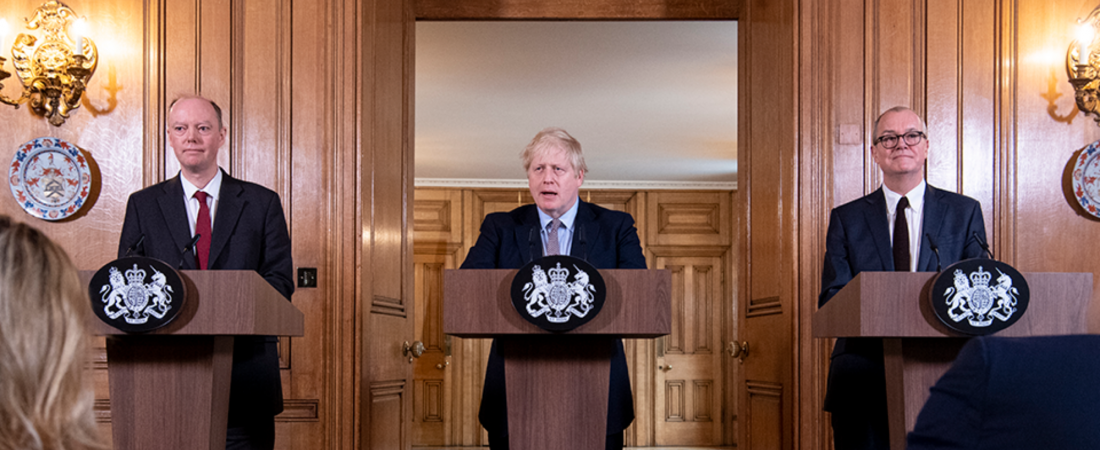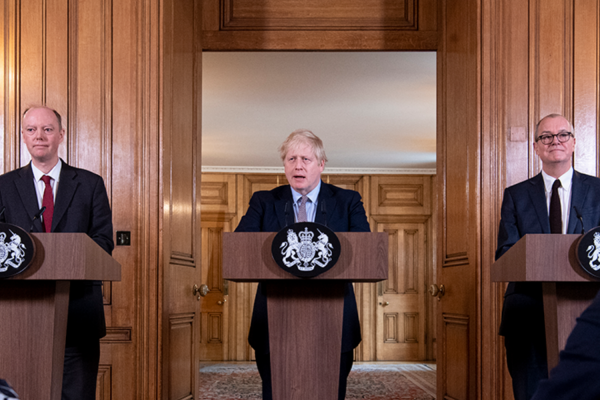There is new guidance on accessing rental properties to carry out inspections, repairs and safety checks. Properties should only be accessed for serious matters and all non-essential visits to properties should be postponed. There is also new guidance on how landlords, tenants and tradespeople must act to remain safe if they do need to attend a property.
Repairs
The guidance is clear that landlords’ obligations have not changed. They must keep tenants’ homes fit for habitation and fix urgent disrepair. The government guidance demands landlords act to keep tenants’ homes safe, but acknowledges this will be more difficult during this period. For example:
- It may not always be appropriate for landlords (or their agents) to inspect properties to assess conditions (e.g. if the landlord meets the criteria for being vulnerable to coronavirus they should not attend).
- It will be harder to arrange for tradespeople to attend the property to make repairs, as they may be unwell or choosing not to work during the lockdown (despite being keyworkers).
Non-urgent repairs should be dealt with in a “pragmatic, common-sense” approach, with tenants and landlords coming to an agreement after considering all the risks and consequences of carrying out the work.
Tenants are advised to allow access to the property for the purpose of repairing urgent issues. This includes:
- A broken boiler
- Broken white goods
- Structural issues, like a leak
- Security issues like broken external doors or windows
- Broken or newly required equipment a disabled tenant relies on
During any works or inspections, all involved should follow the guidance on safety, hygiene and isolation: http://www.gov.uk/corona. This will reduce any risk of infection as far as possible.
Electricity & Gas Safety Certificates
Landlords are legally required to perform an annual Gas Safety Check in properties with gas appliances like a gas boiler or hob. The government is acknowledging that it will be harder than usual to meet these requirements at this time. Gas Safe Register engineers are operating with limitations and have advised that they are prioritising high risk gas work. You can keep up to date with their policy during this period of social distancing on their website.
A new legal requirement to have a valid EICR when creating new tenancies begins in July. The government is advising that landlords must, where possible, be in possession of a valid EICR by 1st July if they plan to let a property on or after that date. The certificate is valid for five years before expiring, so landlords already in possession of one that has not expired will not need a new one for 1st July.
If it is not possible to arrange the necessary gas or EICR checks during these social distancing measures, then landlords can still avoid falling foul of the regulations by demonstrating they took all reasonable steps to comply. In this case, they will not be in breach of their duty. Evidence of reasonable steps can include keeping copies of correspondence with tenants and tradespeople, and their replies. Landlords can also keep evidence of the condition of the appliances to show that it is not obviously dangerous during the period in which it was not possible to get the checks performed.
During any works or inspections, all involved should follow the guidance on safety, hygiene and isolation: http://www.gov.uk/corona. This will reduce any risk of infection as far as possible.


Start the discussion at community.openrent.co.uk